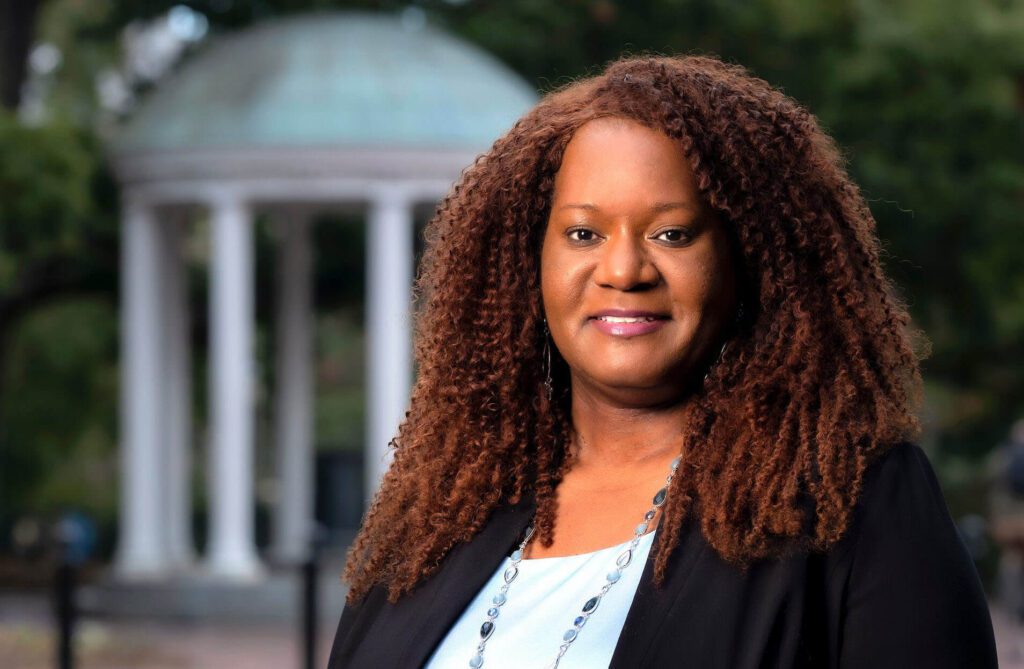
UNC School of Social Work was awarded a nearly $1.7 million grant from The Duke Endowment for a multi-phase project that aims to prevent child maltreatment and strengthen support for kinship caregivers raising children with special health care needs.
The five-year intervention study, known as KinCarolina, will fund a collaborative initiative involving researchers at UNC-Chapel Hill and the University of South Carolina, as well as public and private partner agencies, including Kindred Hearts of South Carolina, which will serve as the project’s intervention site. Other partners include the South Carolina Department of Aging, the Carolina Family Engagement Center, Sisters of Charity Foundation, Disability Rights South Carolina and Family Connection South Carolina.
UNC School of Social Work Dean Ramona Denby-Brinson, a preeminent national expert in culturally adapted child welfare services and a leading scholar in the area of kinship care, is the study’s principal investigator. Two other School of Social Work researchers, Angela Tobin and Amanda Klein-Cox, will lend their expertise to implement the study.
As proposed, the intervention will focus on families who are often overlooked, especially relative caregivers such as grandparents, great grandparents, aunts and uncles, who are more likely to informally take in a relative’s children with special health care needs.
This study will focus on strengthening families who care for relatives’ children by offering them direct support, including pairing them with trained peers with similar lived experiences who can help families capitalize on their own strengths. Caregivers will participate in training to learn more about a child’s diagnosis, their legal rights, and strategies for navigating government systems and community organizations serving children and families.
The intervention will also promote change at the agency level to ensure that child and family serving systems understand how to work better together to coordinate care for kinship families, Denby-Brinson said.
“While it is important that we provide efficacious, micro-level interventions for children and caregivers, we can’t stop there. We know that interventions such as peer-to-peer support are effective with kinship caregiver populations, but we also need coordination among systems of care and policies that are aligned. So we are excited about the work that this project will do at the micro and macro levels.”
Read the complete Carolina story…
Related Stories




